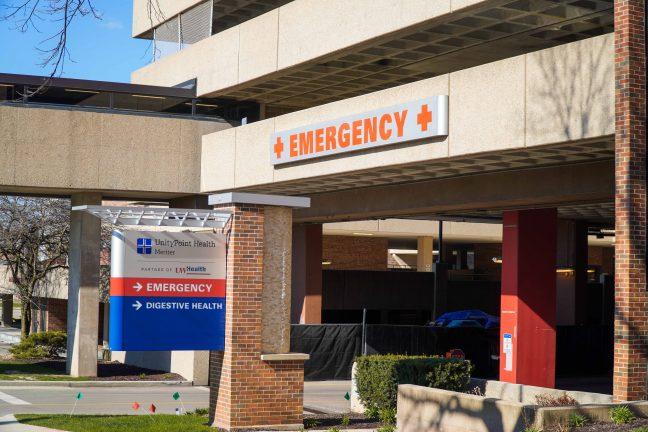The opioid crisis is a well-known, though often misunderstood, problem. As time goes on, we can see that the pandemic has just highlighted — and even worsened — the issue. New studies have shown that the rates of women, particularly pregnant women, using opioids have increased in recent years, with the pandemic causing numbers to worsen as months go on.
It is easy to see how the pandemic plays into exacerbating the opioid crisis as hospitals across the nation are stretched thin dealing with COVID-19, leaving little resources dedicated to people suffering from opioid misuse. Though, managing the opioid epidemic as seen in rates of pregnant women using was never a priority.
According to the lead author of a study on pregnant women and opioid use and Vanderbilt University pediatrician Dr. Stephen Patrick, this demographic isn’t getting the attention it needs.
“While we have been talking about the opioid crisis for years, pregnant women and their newborns seldom make it to the top of the heap. Infants are receiving variable care and not getting connected to services,” Patrick said.
While scarcely making front page news, opioid misuse within pregnancy has been a public health issue for years. According to the Centers for Disease Control and Prevention, in 2019, 7% of U.S. women reported that they had used prescription opioids during pregnancy. One in five of those women reported misusing the drugs while pregnant.
FDA’s shortcomings in face of opioid epidemic have state-wide consequences
Even with its far-reaching consequences, it is a crisis with little to no well-accepted solutions. Interestingly, the study suggests pregnant women should have access to opioid medication in order to treat misused opioids that are far more harmful for both mother and child. Patrick names two opioids, buprenorphine and methadone, that are effective treatments in opioid abuse cases with pregnant women and subsequent withdrawal effects on the infants.
The problem is, however, pregnant women often face a tremendous amount of stigma in using them and doctors who prescribe them are few and far in between. When victims of drug abuse have to deal with a large amount of stigma around their issues when seeking treatment, it just reinforces the cycle of drug use as a means to cope with the stress and shame. The rejection from society to help people suffering from drug abuse does not end there, as healthcare providers also often refuse to treat them.
“People showing signs of acute intoxication or withdrawal symptoms are sometimes expelled from emergency rooms by staff fearful of their behavior or assuming they are only seeking drugs,” said a study from the National Institute of Health
This only drives many further into their drug using behavior, as wherever they turn to for help fails them.
Healthcare workers face burnout during second wave, parallels student mental health struggles
Last week, Oregon made the progressive move to decriminalize some drugs, namely small amounts of heroin, cocaine and other hard drugs. It is time for Wisconsin to do the same. This means including bills dedicated to treatment of people that abuse drugs, rather than misusing tax dollars on their imprisonment.
In terms of opiate use within pregnant women, a good start has already been made, as the American Academy of Pediatrics has suggested new guidance aimed at improving care for women and newborns affected by their mothers’ drug use. It includes the destigmatization of useful opiates such as buprenorphine and methadone, and further education on part of healthcare providers on managing patients suffering from drug abuse.
Mandating these guidelines in Wisconsin will undoubtedly alleviate cases of drug abuse — not only in pregnant women, but overall as hospitals begin to give appropriate care to drug abuse patients.
Even as the pandemic continues, other issues affecting society should not fly under the radar. To deal with the opioid epidemic, new bills across the nation should be passed aimed to destigmatize the use of drugs and at education for both healthcare professionals and the rehabilitation of those suffering from drug use.
Samiha Bhushan ([email protected]) is a sophomore majoring in economics.














